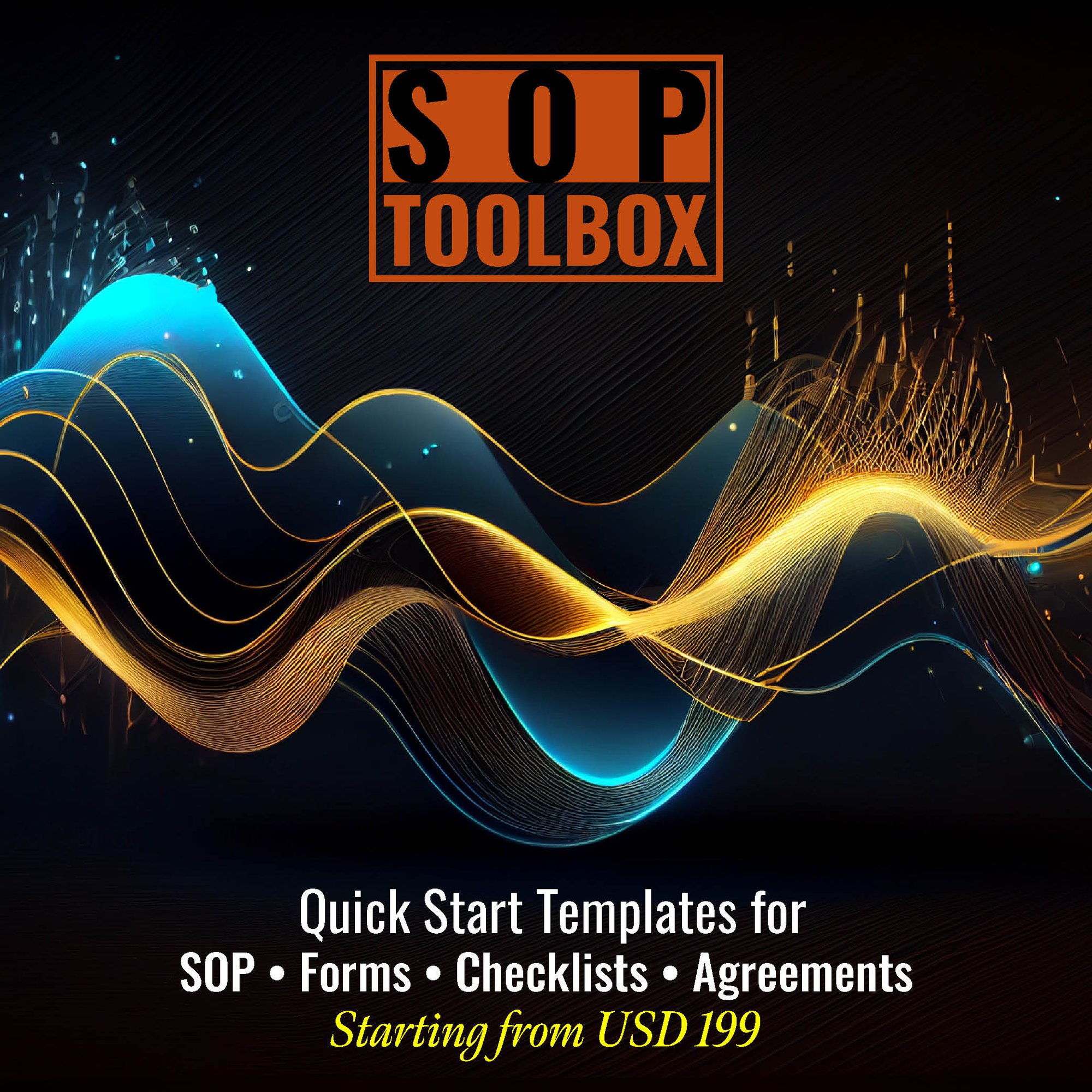Agreements play a crucial role in the complex and highly regulated landscape of Tobacco Manufacturing, shaping various aspects from raw material procurement to product distribution and marketing. These agreements are instrumental in establishing and maintaining relationships with suppliers, distributors, retailers, and regulatory authorities, ensuring compliance, efficiency, and sustainability within the tobacco industry.One of the primary areas where agreements are essential in Tobacco Manufacturing is in the sourcing of raw materials, particularly tobacco leaves. Contracts with tobacco farmers or suppliers outline terms related to quality standards, pricing mechanisms, quantity requirements, sustainability practices, and compliance with labor and environmental regulations. These agreements not only ensure a consistent and reliable supply of raw materials but also promote responsible sourcing practices and ethical standards.Furthermore, agreements in manufacturing partnerships are critical for accessing specialized machinery, technology, and expertise necessary for tobacco processing. Contracts with equipment manufacturers or service providers define terms regarding equipment specifications, maintenance schedules, warranties, and technical support, ensuring operational efficiency and product quality.Distribution agreements are equally vital in the tobacco industry, governing the terms of product placement, pricing strategies, marketing campaigns, logistics, and sales channels. Partnerships with distributors, wholesalers, retailers, and international markets establish frameworks for market access, brand visibility, regulatory compliance, and consumer outreach.Additionally, agreements related to intellectual property rights, licensing, advertising, labeling, and health regulations are fundamental in Tobacco Manufacturing. These agreements ensure legal compliance, brand protection, responsible marketing practices, and public health awareness, contributing to industry transparency, accountability, and social responsibility.















Leave a Reply